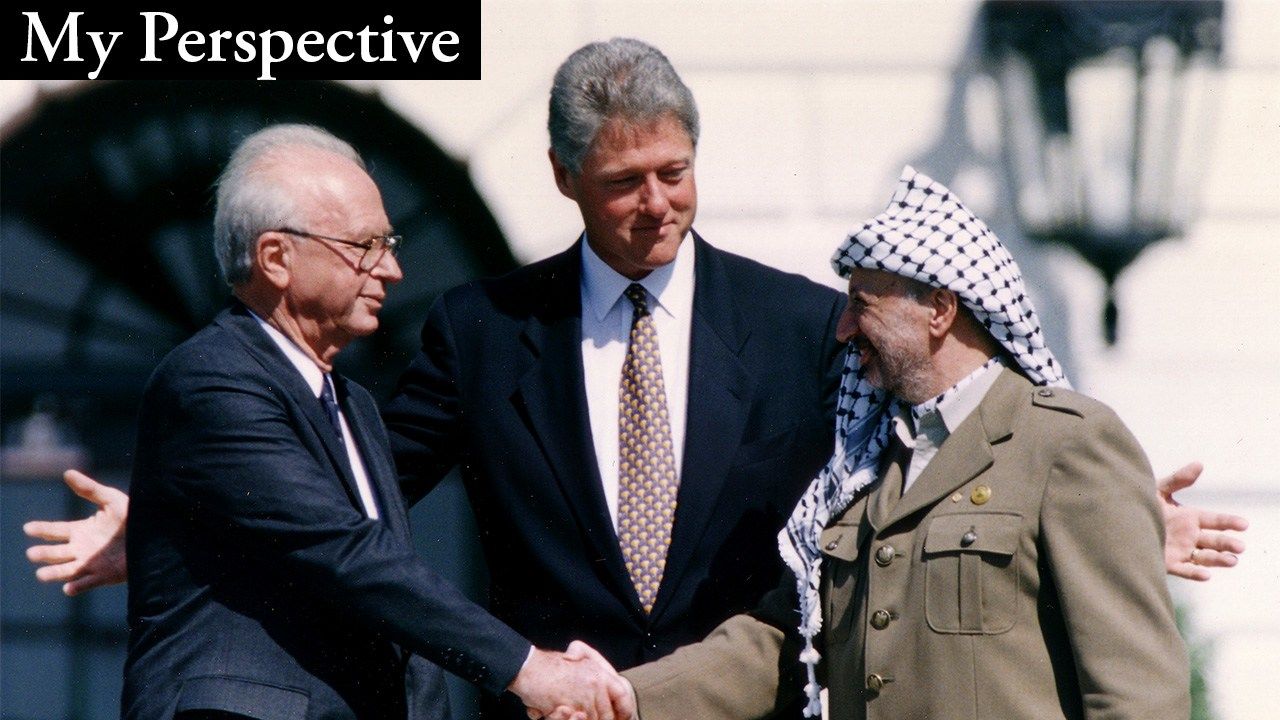
Treasuring “Neutral Countries” in World Politics
World Politics- English
- 日本語
- 简体字
- 繁體字
- Français
- Español
- العربية
- Русский
Watching Similar Stories Unfold in Gaza
I remember hearing about Hamas for the first time at a mosque in Rafah in the southern Gaza Strip. It was the spring of 1988, a short time after the start of the resistance movement led by Palestinian youth in Israeli occupied territories known as the “first intifada.”
Rafah was also under occupation, and I stayed with a Palestinian friend for a week to conduct interviews. A child told me about an organization that was distributing pencils and notebooks at mosques and treating the sick.
Hamas first concentrated on winning the hearts of Gazan residents as a welfare organization that provided free education and medical care. This enabled it to establish a robust political base in opposition to the mainstream Fatah, the largest faction in the Palestine Liberation Organization then representing the Palestinian people. Hamas then began recruiting people into its Al-Qassam Brigades and other military units during the 1990s. It was this group that conducted the crossborder attack on Israel in October 2023.
The battlefield that is Gaza has transformed over the last 30 years since the rise of Hamas. Instead of stones and rocks, the young people of Gaza are now armed with missiles and mortars. Instead of rubber bullets and tear gas cannisters, the Israeli military meets resistance with tanks and air strikes. However, the basic story of the Gaza conflict remains the same, with the residents arousing public opinion and global sympathy as they fall victim to Israel’s overwhelming military power.
Norway’s Valuable Role
Amid all this, the Oslo Accords seem to have been forgotten. The first intifada ended when secret negotiations between Israel and the PLO in Norway culminated in these 1993 accords. In addition to committing the PLO to recognize the state of Israel and, in turn, for Israel to recognize the PLO as the representative of the Palestinian people, the Oslo Accords were also an interim agreement allowing limited self-government for the Palestinians.
I am reminded of all the effort expended by Norwegian officials, academics, and facilitators such as Deputy Foreign Minister Jan Egeland, Mona Juul, and her husband, Terje Rød-Larsen. No agreement could have been reached without the patience of Norway as a host for the talks. The international environment that brought the two opposing sides to the table and produced this agreement was undoubtedly something remarkable.
Following Russia’s invasion of Ukraine in February 2022, however, the world has become increasingly divided between into a “democratic camp,” featuring the United States, Europe, and Japan, on one side, and an “authoritarian camp,” built around China and Russia, on the other.
Following World War II, several European countries decided to remain neutral and not join either the US-led North Atlantic Treaty Organization or the Soviet Union–led Warsaw Pact. In addition to Switzerland and Austria, which remain committed to the policy of permanent neutrality, the Nordic countries of Sweden and Finland also adopted neutrality policies. However, in the face of the recent threat presented by Russia, Finland and Sweden rushed to join NATO, making “remaining neutral” an increasingly difficult diplomatic stance to take.
Neutrality an Endangered Species?
I also turn my mind to the negotiations undertaken in Geneva, Switzerland, in the early 1990s between the United States and North Korea. Discussions surrounding the future of Yugoslavia were also held there. I become keenly aware of the importance of this kind of role for countries in the international environment. There is something precious about concerned parties in any conflict being able to leave their countries and the site of conflict, place themselves in a neutral venue, reexamine themselves and the situation from a distance, and discuss issues calmly.
The Oslo Accord would not have been possible without Norway embracing its role as a neutral venue. Being conducted in secret and away from constant surveillance by the international media allowed the delicate process to fully play out. However, today, even if a Gaza ceasefire were to be agreed to, where would any subsequent peace negotiations be held? Egypt and Qatar have been proposed as potential locations, but they cannot play the role of Norway. As the world becomes increasingly polarized, I fear the costs of losing “neutral countries” from the global stage will eventually be paid by the people of Palestine.
(Originally published in Japanese. Banner photo: Israeli Prime Minister Yitzhak Rabin (left) shakes hands with PLO Chairman Yasser Arafat after the signing of the Israeli-PLO peace accord in Washington on September 13, 1993. US President Bill Clinton stands between them. © Reuters.)

